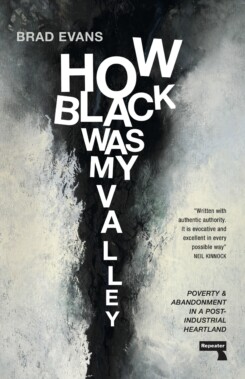£7.99 – £16.99
In 1993, Gareth Owen volunteered to go to Somalia as part of Operation Restore Hope.
Located in a remote desert outpost, he encountered the brutality of conflict and famine and experienced the hardships and struggles of an extraordinary race of desert warriors. He rubbed shoulders with the French Foreign Legion and Greek Special Forces and worked alongside a band of international aid workers striving to feed the Somali people. And as the country began to recover, he found himself losing connection with the Somalis as their resentment towards the international presence grew and violent confrontation erupted.
In this accessible and engaging memoir, Owen, now Humanitarian Director at Save the Children UK, recounts the entanglement of violence and humanity at the heart of this notorious peacekeeping operation. This is a story of human resilience and contradictory friendships, of loyalty, courage and extraordinary endeavour — but mostly it is a story about the meaning of human connection in desperate circumstances.
Part memoir, part history and part politics, When the Music’s Over sees beyond the criticism of humanitarian intervention and challenges us to consider the enduring importance of international solidarity in a world where notions of common humanity and universal peace are increasingly being abandoned.
Gareth Owen has been an aid worker since 1993 and the Humanitarian Director at Save the Children UK since 2007. He has led responses to numerous conflicts and disasters, co-founded the START Network and is Chair of the Humanitarian Leadership Academy.
“When the Music’s Over pauses, then breaks through the hidden silences that still surround discussion concerning interventions in theatres of war. Gareth Owen writes with a honesty, sensitivity and critical self-reflection, which is often missing in books of this kind. In doing so, he brings a new kind of tragic and yet learned music that puts the human back into the humanitarian. Highly recommended”.
“Gareth Owen has rendered the intrinsic dilemmas, moral ambiguities and political hazards of humanitarianism in a powerful and poignant personal memoir of his time in Somalia. His writing exudes the sense of shared humanity that his profession should be anchored in. It is also a salutary warning of what may happen to NGOs, the UN and donor governments when they lose sight of that fact.”




